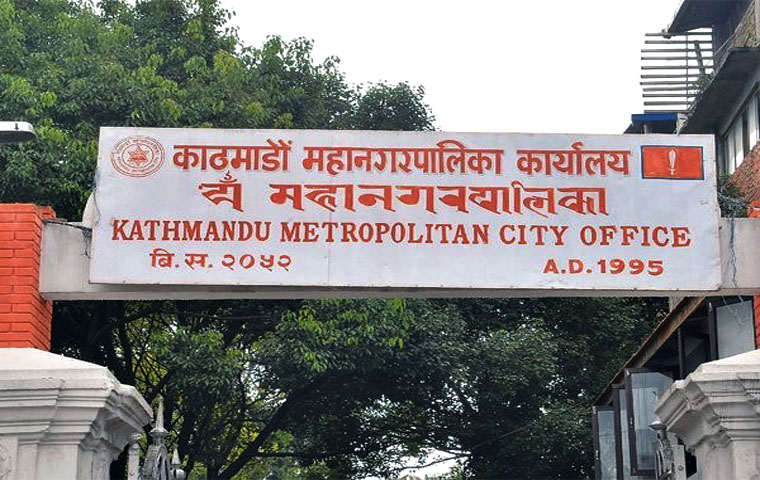
Kathmandu Metropolitan Education Reform Initiatives
Community education reform has been debated for a long time, but concrete improvements have not been achieved. Demands for an international-level budget and leadership changes were also raised, but they failed to deliver effective outcomes.
However, after the constitution delegated the right to education to the local level, positive impacts have started to appear in different municipalities. Among them, Kathmandu Metropolitan City has been most discussed in the field of education. The metropolis has placed education and health at the top of its priorities. To improve the quality of education in 89 community schools, it has launched various programs. These include 21 creative initiatives such as Book Free Friday, along with 10 other skill-oriented programs that focus on the holistic development of students.
In addition, coding clubs have been started in 14 community schools. These diverse programs have shown positive impacts in the education sector of the metropolis, prompting other municipalities to see the need for adopting similar efforts.
Kathmandu Metropolitan City has allocated more than 20 percent of its budget solely for education. This has helped students engage not only in academics but also in skill development. Extra-curricular subjects such as dance and music have also been given priority.
At the request of the Ministry of Education, Science, and Technology, the metropolis has required private schools to provide scholarships to at least 10 percent of their total students from disadvantaged groups including poor, disabled, women, Dalit, and indigenous students. This provision is also mentioned in the eighth amendment of the Education Regulations. To make scholarships more effective, a selection committee is formed every academic session.
To attract students to community schools, while the federal government allocates Rs. 15 per student for day meals, the metropolis has added Rs. 10, making it a total of Rs. 25. This has further motivated students. Similarly, for the improvement and management of Early Childhood Development (ECD) classes, the metropolis has been providing between Rs. 800,000 to Rs. 1.2 million per school.
Despite having a large budget, the metropolis has been lagging in physical improvements of schools, according to Narayan Prasad Gautam, principal of Ranidevi Secondary School. He stated that the investments of the metropolis have shown positive results in expanding a reading culture and promoting discipline among students. However, he added that improvements are still needed as subject-specific teacher allocations have not been fully managed.
Recently, parents who have migrated from rural areas to Kathmandu have also expressed satisfaction with the changes seen in community schools. However, they complain that the metropolis has not spent enough in education and demand more investment in laboratories and physical infrastructure so that community schools can match the quality of private schools.
In the academic session of 2081, 80 percent of students from community schools under Kathmandu Metropolitan City passed, which is a significant improvement compared to previous years. According to Education Officer Indra Prasad Dahal from the Department of Education of the metropolis, achieving 100 percent results is not the only goal; the real need is to advance students with timely education and skill development. “We are moving forward in that direction,” he said. “Although there are not many issues with teacher positions, we will soon prepare a framework to manage subject-specific teachers.”
Dahal also emphasized that improving community education requires the joint efforts of students, teachers, parents, and the community. He believes that such cooperation will take community education in Kathmandu Metropolitan City to a new height.
Published date: 2082-05-16


